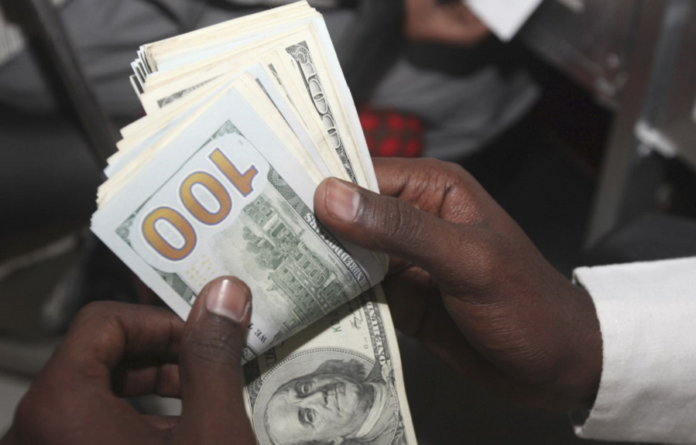A new U.S. remittance tax set to take effect in the new year has left many Kenyan families anxious over its impact on the billions sent home annually by the diaspora.
For 27-year-old graduate student Mary Njeri, who studies in Texas, the 1% tax passed as part of President Donald Trump’s “big, beautiful bill” feels like a direct attack on the financial lifeline she and many others send to Kenya.
“We regularly send money home to support loved ones, from school fees to hospital bills to upkeep for our elders,” Njeri said.
Her monthly contributions help her parents in Nyeri cover medical expenses while also paying part of the tuition for her younger siblings still in secondary school.
“It may seem like a small tax, but every shilling matters. The money we send is already stretched to cover food, fees and medicine,” she added.
The burden is widespread. In 2023, Kenyans in the diaspora remitted nearly $5.8 billion, according to Central Bank data, the country’s single largest source of foreign exchange, surpassing tea, tourism and horticulture. Many households, particularly in rural areas, depend heavily on these flows.
Analysts warn that the tax will eat into funds vital for families and for Kenya’s wider economy.
“This levy risks undercutting remittances that are critical for development and financial inclusion,” said economist John Githongo, noting that many Kenyans abroad remit money dozens of times a year.
The African Union’s outgoing envoy to Washington, Hilda Suka-Mafudze, echoed these concerns, saying the move could reverse progress in poverty reduction across Africa.
Critics, including policy experts in Washington, argue the tax undermines U.S. relations with African nations.
“Instead of building bridges, this administration is creating barriers,” said Witney Schneidman of the Brookings Institution.
For Njeri and thousands like her, though, the worry is more immediate. “It’s about whether my siblings can stay in school and whether my grandmother gets her medicine on time.”



















